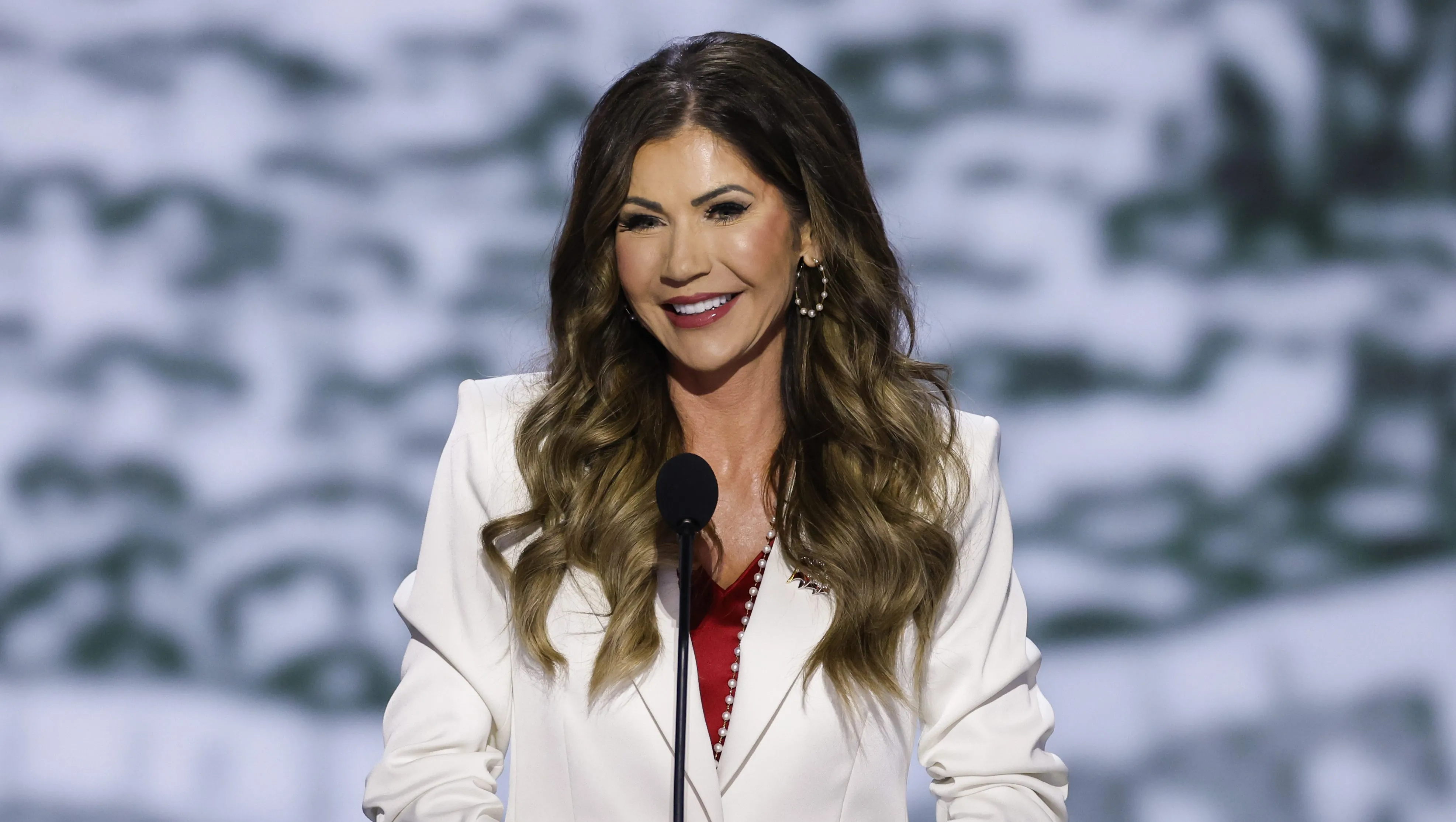While Americans struggle to pay their bills amid soaring inflation, the institutions we rely on to wrestle the economy back to stability are engaged in a secret power struggle which only worsens the impending crisis.
Federal Reserve Chair Jerome Powell and Treasury Secretary Janet Yellen are engaged in a tug of war over interest rates, sources say.
On Yellen’s side are liberal members of the Fed, including the ambitious, climate-obsessed Federal Reserve Gov. Lael Brainard, who spearheaded the stealth takeover of the board by progressives over the past year.
While Powell is determined to bring down inflation by hiking interest rates, as central bankers around the world traditionally have done, sources say Yellen has been counteracting his efforts with the assistance of progressive “doves” of the Federal Reserve, who background journalists that there might be a slowdown in rate hikes, leading to roller-coaster market rallies.
“While Powell is raising rates, Yellen is considering buying back Treasury bonds,” says Brent Johnson, CEO of Santiago Capital, who understands the Fed’s internal dynamics.
“This could counteract Powell’s efforts and potentially spur inflation on”.
Rallying the markets defeats Powell’s efforts to combat inflation. But the tug of war has ensured the stock market did not crash before the midterms, giving voters the perception that the economy is healthy, delaying company layoffs and keeping share prices up.
This unusual power struggle between the Fed and Treasury looks as if it will continue, delaying — and likely exacerbating — the inevitable economic hard landing, says Johnson.

“Powell has been very, very clear in what he says, that he wants to raise interest rates and slow the economy. He says it won’t be a soft landing, that it might take a recession in order to slow down inflation.
“So, when Powell is raising interest rates, he doesn’t want the market to go to all-time highs
“Where it gets tricky or conflicted is because not everyone who works at the Federal Reserve likes each other [and] various members are more hawkish than others.”
Hawkish in this context means adhering to Powell’s traditional view that interest rates need to rise to combat runaway inflation, even if that means a crashing stock market and a short, sharp recession,” he said.
Doves, who include Yellen, liberal members of the Federal Reserve and the Biden administration, think they can avoid a recession for a year or two — maybe until after the 2024 election.
The administration “would prefer a soft landing to a hard landing,” says Johnson.
“I don’t think it is possible.
“Powell says it’s very unlikely we will get a soft landing.
“But that’s what Yellen and Brainard are determined to do.
“Essentially, I believe the Republicans would like a crisis leading into the election and Democrats would like to kick the can down the road.
“I think that what Powell wants is to get the recession over with and bring the economy back quickly, and Brainard and Yellen are more inclined to kick it down the road.”
Albert Marko, a political consultant for the financial industry, also with deep knowledge of the Fed’s dynamics, describes internal opposition to Powell as “financial weaponization against the GOP.

“It is really unprecedented where Yellen . . . can surge the dollar and take the markets down at will while putting blame on Republicans for stalling legislation for the next two years.”
Brainard is talked about in Washington as a potential replacement for Yellen, 76, and was reportedly angling for Powell’s job before Biden reappointed him last year for another four years.
Marko says her allies background journalists, “countering what Powell states in previous meetings . . . setting off buying sprees in the market which [anticipates] a slowdown in rate hikes . . .
“From the public’s perception, their housing prices are up, their stocks are only down marginally and companies are still operating normally, but this is merely a facade by an artificially elevated market.”

The Federal Reserve approved a fourth straight rate hike of three-quarters of a percentage point earlier this month and Powell was crystal clear about his determination to keep going.
“It’s premature to discuss pausing [interest rate hikes], and it’s not something that we’re thinking about,” he said.
“No one knows if there’s going to be a recession or not and, if so, how bad that recession would be.”
It’s a delicate balance, with history suggesting that Powell’s harsh medicine is a necessary corrective to get the economy back on track.
But it makes the job harder to have politicized Polyannas behind the scenes pulling in the opposite direction.
“Even if the Fed and Treasury were working hand in glove and everyone agreed, even then the problems are insurmountable,” says Johnson.
“But the fiefdoms and factions and infighting just exacerbate the problems.”
















